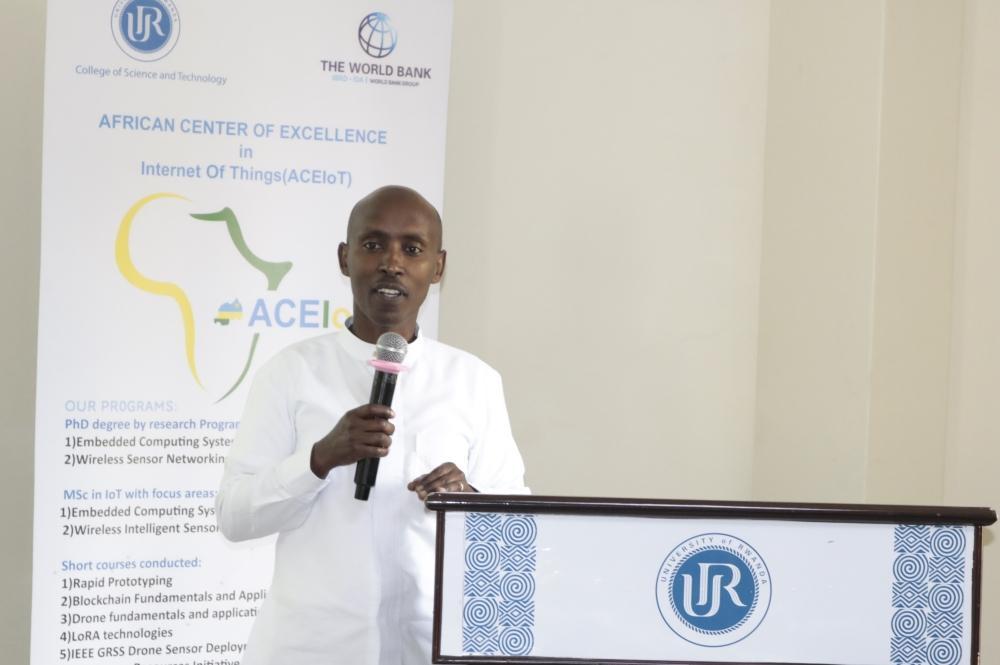Africa-Press – Rwanda. University of Rwanda’s School of Science and Technology is in the advanced stages of launching a Bachelor of Science programme in Nuclear Science and Technology.
According to university officials, the new programme aims at supporting Rwanda’s strategy to harness nuclear energy for socio-economic transformation. Through the academic programme, UR wants to build a skilled workforce needed to drive the country’s ambitions in the field.
Prof. Ignace Gatare, the Principal of the College of Science and Technology, told The New Times that the programme will equip students with essential foundational knowledge and skills to support the development of the nuclear science sector.
Recalling that Rwanda plans to build a nuclear research centre for example, he noted that graduates from UR’s nuclear programme could work as technicians at the centre, as well as in areas like nuclear medicine.
The research centre will be set up in partnership with Russia. It will focus on peaceful uses of nuclear technology such as producing radioactive materials (radioisotopes) for diagnosing and treating cancer, using radiation to improve crops in agriculture, and testing materials in industries without damaging them.
UR’s programme has been developed in collaboration with both internal and external partners. It has already passed through all the validation procedures at the university level and is currently in the hands of the Higher Education Council (HEC) for accreditation.
“We are looking forward to receiving feedback from HEC in regards to the national framework for accreditation of the new program,” Gatare said.
Without specifying a timeline for its launch, he pointed out that they hope they can launch it “as soon as possible.”
It will be a four-year programme, structured in different stages. The initial stages will focus on building a strong foundation in general sciences such as physics, mathematics, technology, measurements, and electronics. However, in its later stages, the curriculum will shift toward more advanced and specialized courses specifically related to nuclear science and technology.
Rwanda envisions nuclear energy playing a key role in advancing critical sectors such as agriculture, healthcare, electricity generation, pharmaceuticals, biotechnology, industry, environmental management, geology, and mining.
Among other things, Rwanda is planning to develop a nuclear power plant using small modular reactor (SMR) technology. Such reactors are seen as a smart solution because they can help the country produce steady electricity while also cutting carbon emissions. This supports Rwanda’s long-term goals under Vision 2050.
SMRs are a new type of nuclear reactor that are smaller, safer, and more flexible than traditional large reactors.
The Rwanda Atomic Energy Board (RAEB) CEO, Fidèle Ndahayo, previously told The New Times that nuclear power is needed in the country given that the available energy sources in Rwanda are insufficient to meet the country’s rapidly growing demand, both in the short term and the long term.
“While the total capacity of energy sources is assessed at 650-700 MW, goals of Vision 2050 are only achievable if the growth of installed capacity will be up to 2.5-4.5 GW depending on forecast scenarios,” he said.
To achieve such goals, the country has to identify new sources of energy, and nuclear power is seen as a way to address its growing demand in energy in key sectors.
For More News And Analysis About Rwanda Follow Africa-Press






